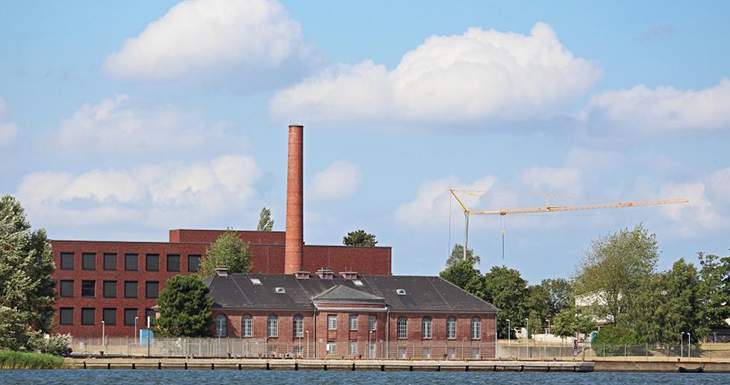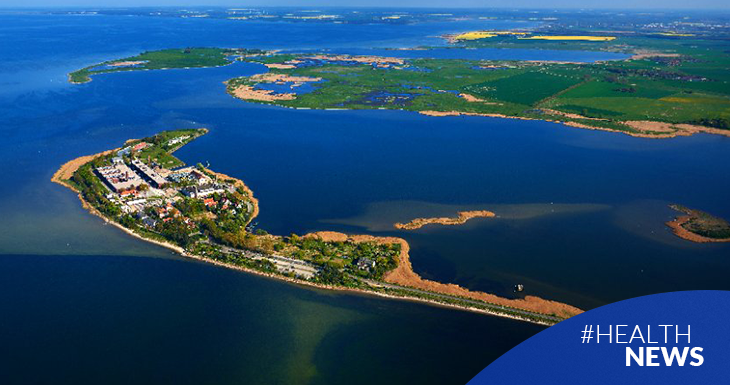The 'Alcatraz of viruses' is called Riems; is a small island that is located in Germany - in the Baltic Sea - and one of the most dangerous places on the planet.
It can only be reached via a bridge, and its isolated location is vital as dangerous viruses are stored there, including Ebola, rabies, swine fever, Crimean-Congo fever and Sars-CoV-2.
On this island - which was formerly used by the Nazis for biological weapons research - is the Friedrich Loeffler Institute founded in 1910, where German scientists are developing vaccines against viruses that could save lives. This institute is named after Friederich Loeffle in honor of a German bacteriologist at the University of Greifswald who discovered the organism that causes diphtheria.
Access to Riems Island is highly restricted
The scientists who work there must have disinfectant showers when entering or leaving and use protective clothing in accordance with a pandemic such as the one that has accompanied us for more than two years with COVID-19.
"We really are the Alcatraz of viruses, a kind of prison for viruses," said Franz Conraths, deputy director of the Friedrich Loeffler Institute. "The stables with the infected animals are at security level 4, the highest in Germany."
One of the peculiarities of this laboratory is that it tests the most dangerous viruses in the world in large animals: dozens of animals, including sheep and cows, are deliberately infected with viruses as part of research to monitor the effects of diseases. In fact, one of its approaches is based on zoonoses, that is, those diseases that have the possibility of "jumping" or being transmitted from animals to humans or vice versa.
And it is that, from malaria to rabies, zoonoses account for about 60% of all infectious diseases contracted by humans, and the Centers for Disease Control and Prevention estimates that "3 out of 4 new or emerging infectious diseases in people are transmitted through animals". But the most striking thing about them is that they are unpredictable.
This facility is one of only three laboratories of its kind in the world, and the only one to be found in Europe. The other two are in Winnipeg, Canada, and Geelong, Australia.

The institute used to be based in a single building on the island, but has now expanded to cover almost the entirety of its 1.3-kilometre length.
The German government has invested some €300 million in the institute since 2008 to improve the infrastructure and there are now 89 laboratories and 163 stables.
All trials are conducted under highly secure conditions and researchers work daily to understand how new pathogens spread; and also to develop safe and effective vaccines.
Let us remember that currently, vaccines protect people from at least 20 diseases, and with this, more than three million lives are saved annually.


